Dhaka, Feb 11 (V7N) – A recent anonymous poll conducted by UNICEF in Bangladesh has revealed that misinformation and fake news are the primary sources of stress for young people on social media. According to the survey, two out of three respondents cited the overwhelming presence of misinformation as the most significant factor affecting their online experience.
The poll, which gathered responses from nearly 29,000 youths via UNICEF’s U-Report platform, also highlighted other major stressors. Bullying and negative comments were identified as the most stressful aspect of social media by one-seventh of respondents, with a slightly higher percentage among girls. Additionally, another one in seven participants pointed to harmful or distressing content as a key concern.
Regarding social media regulations, 52% of respondents supported rules to curb harmful behaviors such as bullying and hate speech. In contrast, 23% expressed concern that such regulations might limit free expression. When asked about the potential consequences of loosening regulations, 79% believed vulnerable groups in their communities would face harm, with ethnic or religious minorities (30%), children and youth (26%), and women and girls (23%) being the most at risk.
UNICEF Representative in Bangladesh, Rana Flowers, underscored the real-world dangers of misinformation and hate speech, stating, "We already know from painful experience that misinformation and hate speech don’t just exist online – they can fuel real-world consequences, putting children at risk of mental and physical harm, especially those already facing discrimination, such as girls and minorities."
The survey also revealed that more than half of the respondents noticed shifts in the type of content appearing on social media. While opinions on these changes varied, 17% reported feeling less safe online as a result.
Emphasizing the shared responsibility for online safety, Flowers stated, "It is up to all of us—including policymakers, regulators, big tech companies, educators, parents, caregivers, and young users—to ensure children and young people have access to accurate and reliable information, can distinguish between truth and misinformation, and safely navigate digital spaces."
UNICEF reaffirmed its commitment to advocating for a safe and inclusive digital environment for Bangladeshi children. The organization urged policymakers, regulators, and technology companies operating in Bangladesh to take immediate action by implementing content moderation policies that protect children’s safety and dignity, fostering secure and empowering digital spaces for self-expression, and promoting digital literacy education to equip young users with critical thinking and cyber safety skills.
END/MSS/hn



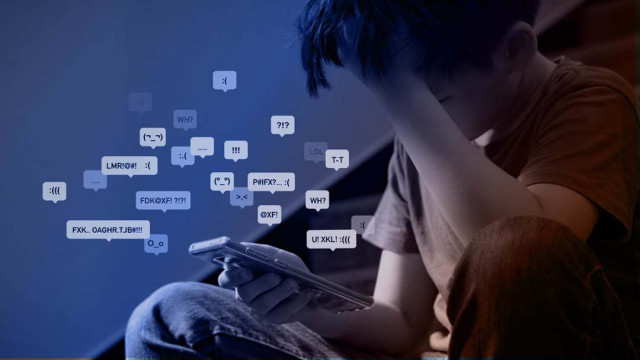






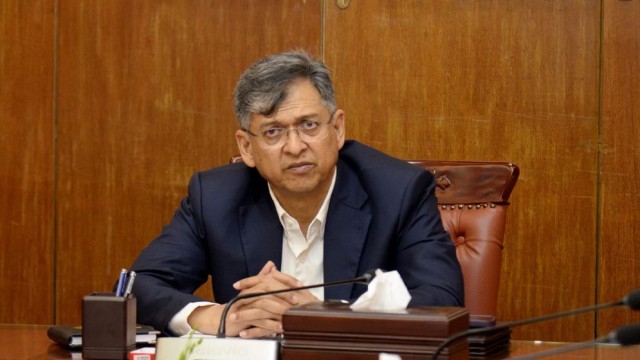
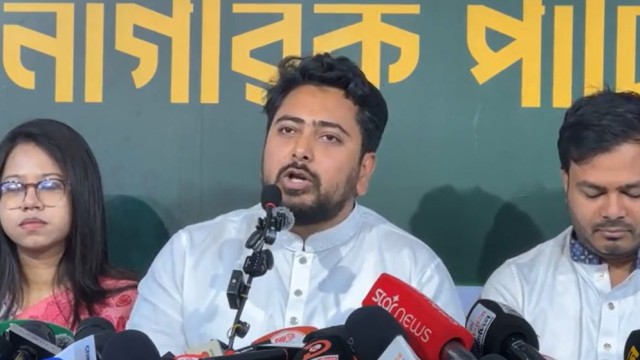

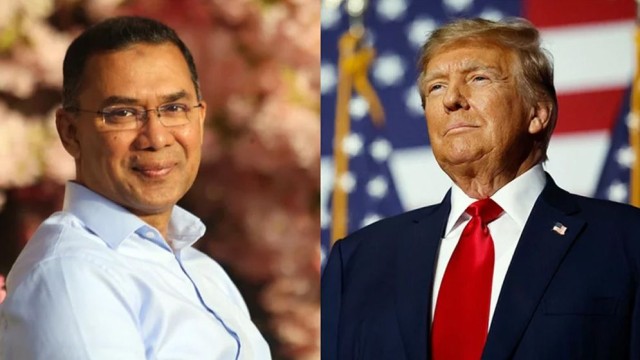


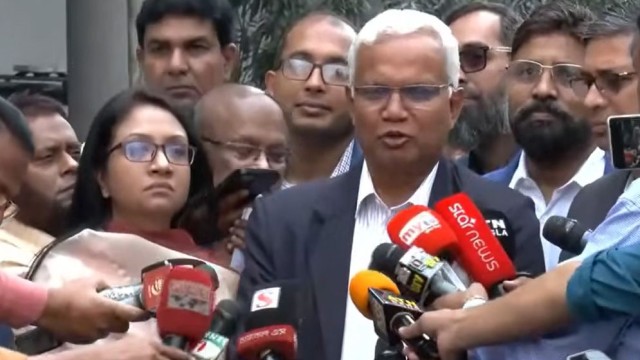

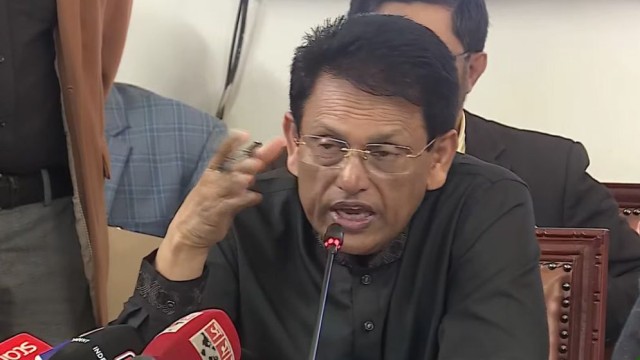
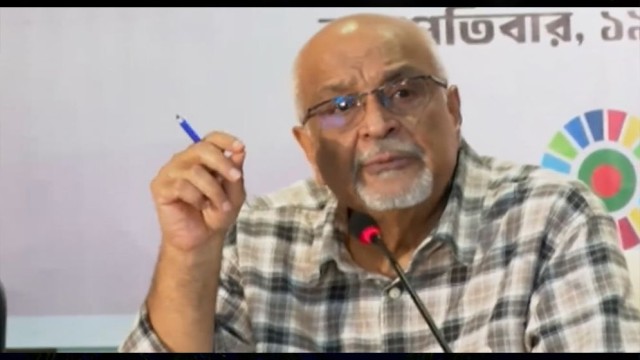











Comment: